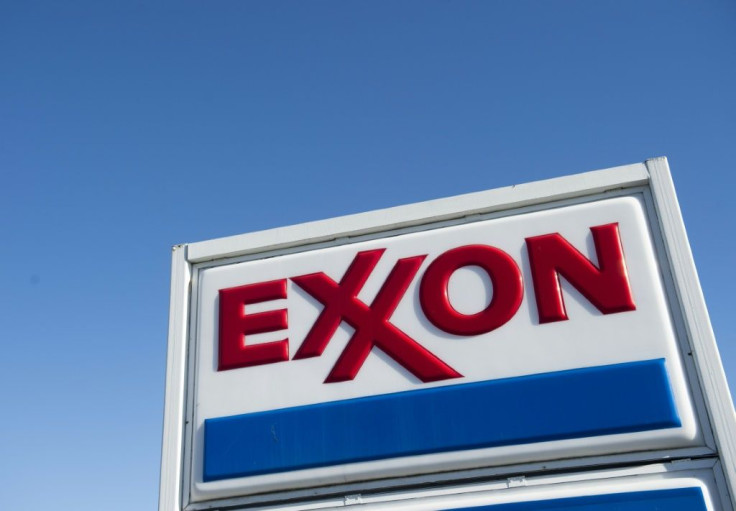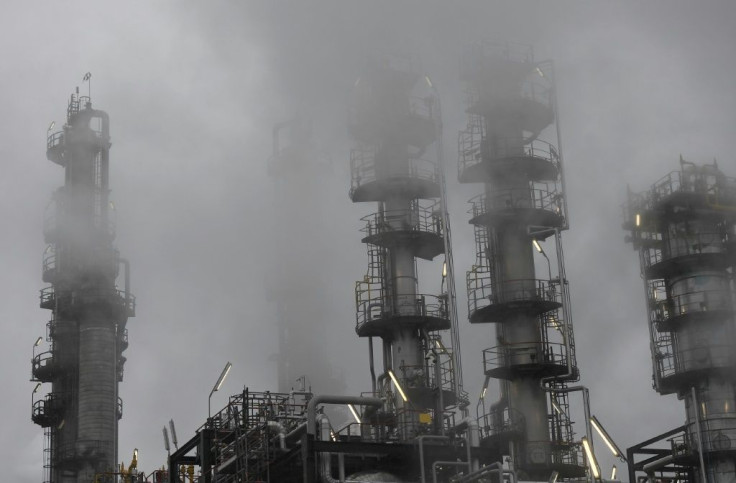Norwegian Investor Divests From Oil & Gas Majors Over Lobbying
Norwegian investor Storebrand Asset Management said Monday it had divested from fossil fuel and petrochemical giants because they lobbied against regulations designed to tackle the climate crisis and speed the greening of the global economy.
The medium-sized institutional investor, with $91 billion (77 billion euros) under management, has unloaded holdings in US oil and gas majors Chevron and ExxonMobil, German chemical company BASF, and British-Australian mining and metals giant Rio Tinto, chief executive Jan Erik Saugestad confirmed in outlining his firm's new policy.
"We have already implemented this climate strategy and divested from those companies," he told AFP in an interview.
"We will now exclude companies that actively work against regulations and policies that are required to reach the climate goals," he said, referring to targets set under the Paris Agreement.
"The Exxons and Chevrons of the world are holding us back."

The 2015 climate treaty seeks to cap global warming at "well below" two degrees Celsius above pre-industrial levels.
Burning fossil fuels has been by far the main driver of rising temperatures.
Storebrand has also divested from a score of other energy companies that derive more than five percent of their revenues from carbon-intensive coal or oil sands, including ConocoPhillips and Entergy, and Japanese conglomerate Mitsui Corporation.
Saugestad fired a shot across the bow of European oil and gas majors -- notably BP, Shell and Equinor -- that back the Paris goals and have announced plans to sharply curb their carbon footprints, saying they "cannot rest easy".

"It is important to us that their investments and capex (capital expenditure) plans reflect scenarios to reach the climate agreement," he said.
"Either the company transforms its business activities with larger investment in renewables to become broader energy companies, or makes that cash available to us as shareholders to redeploy through our portfolios."
Shell has said it will shrink its net carbon footprint by 65 percent by 2050, while Total has pledged to be "net-zero" in Europe by 2050, including its own operations and the downstream use of its products.
Total has more than doubled its renewable energy capacity -- from 3 gigawatts to 6.6 gigawatts -- in the last year, and plans to install an additional 4.6GW by 2023.
Shell has probably completed more renewables deals than any other energy major.
But both energy giants continue to invest 90 percent of their capital to develop planet-warming fossil fuels, according to a recent analysis by the Institute for Energy Economics and Financial Analysis (IEEFA) that predicts the companies will fall "well short" of their own sustainable investment targets.
"The proportion of public communications about greener strategies or renewable initiatives... has not been matched by the share of non-oil and gas investment planned," rating agency Standard and Poor's noted recently, referring to the sector as a whole.
Regulators such as Mark Carney, former head of the Bank of England, have warned investors that climate change could lead to stranded assets.
"For us, sustainable development is about providing long-term returns for our stakeholders," Saugestad said.
"We strongly believe that in order to have successful investment, we need sustainable regulations and legislation."
Hit by a double whammy of over supply and cratering demand due to the coronavirus pandemic, BP, Chevron, ExxonMobil, Royal Dutch Shell and Total reported combined losses of $53 billion for the second quarter of 2020.
© Copyright AFP 2024. All rights reserved.




















